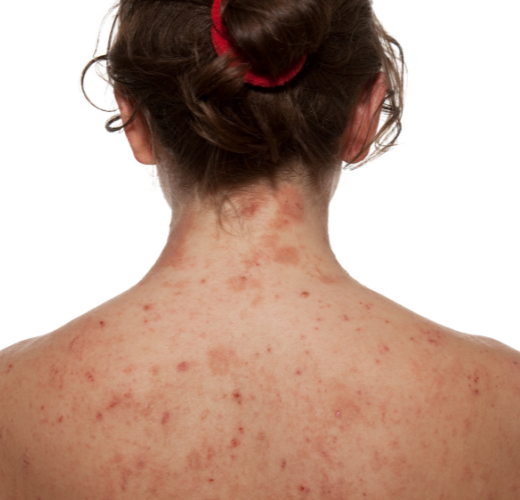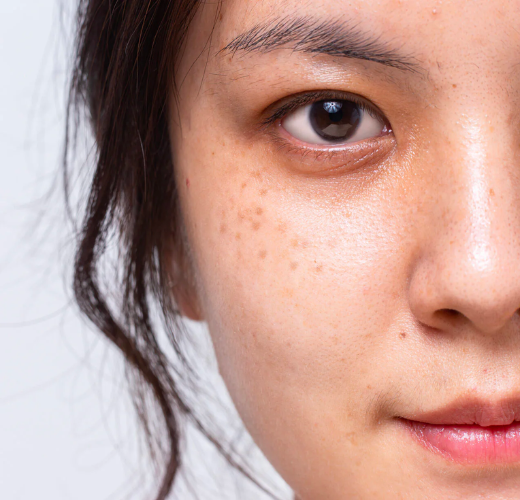Your Guide for Managing Eczema
·

·
According to the National Eczema Association, more than 31 million Americans have some form of this common, non-contagious skin condition. Most often seen on the hands, insides of the elbows, backs of the knees and the face, it usually starts with itching followed by a red (sometimes blistery) rash that leaves skin looking dry and scaly. More severe eczema can lead to painful cracks in the skin as well.
Eczema often flares up this time of year due to drier, colder air associated with the transition from summer to fall. In addition to changes in temperature and humidity, other eczema triggers include allergens and irritants like soap, detergents, harsh skincare ingredients, scratchy fabrics and more. Although dermatologists have yet to identify the root cause of eczema, it is believed that both genetics and a compromised skin barrier contribute to this skin condition.
5 tips for keeping eczema in check
- Moisturize after washing your hands, bathing or showering every time. Dr. Boakye developed Karité Crème Mains Hand Cream and Crème Corps Hydrating Body Cream to provide all types of skin with much-needed moisture (while being safe for eczema-prone skin).
- Wear rubber gloves when washing dishes (and children!) or cleaning.
- Apply hand cream at bedtime and wear cotton gloves overnight.
- Apply SPF daily to prevent flare-ups and irritation caused by sun exposure.
- Be sure to manage itching to prevent scratching and breaking the skin. If you’re having a hard time keeping the itch under control, schedule an appointment because we have several medications that can help.


